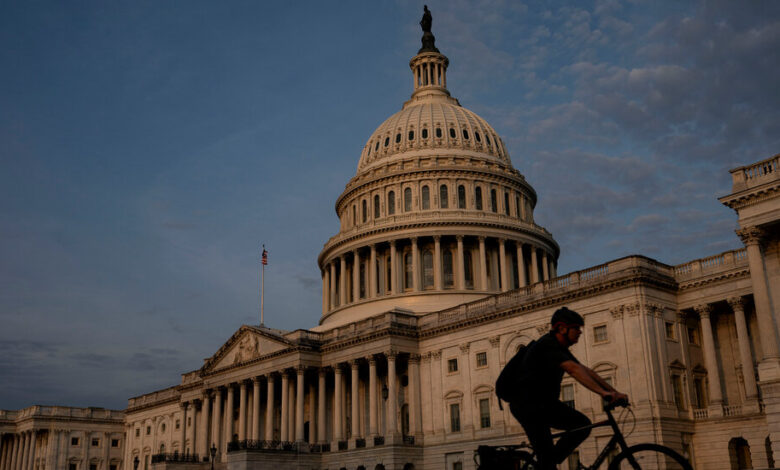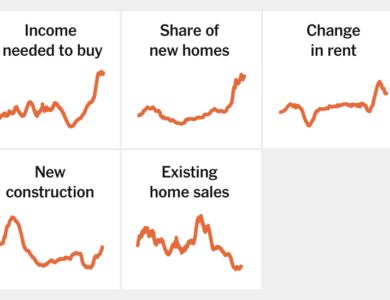
The Fitch Ratings agency has downgraded the long-term credit rating of the United States, citing the nation’s high and growing debt burden and the ongoing political brinkmanship over its borrowing authority. This is the second downgrade in America’s history and comes just two months after narrowly avoiding defaulting on its debt. The prolonged negotiations over raising the debt ceiling, which ultimately led to a last-minute agreement, have greatly undermined confidence in the country’s fiscal management.
The downgrade from Fitch lowers the U.S. long-term rating from AAA to AA+. The agency also pointed out that the continuous conflict over federal spending, which may result in a government shutdown this fall, was a major factor in their decision. Fitch highlighted the growing levels of U.S. debt, primarily driven by new tax cuts and spending initiatives, and the lack of substantial progress in addressing challenges related to Social Security and Medicare costs as additional concerns.
While the impact of the downgrade is expected to be limited given the size of the Treasury market and ongoing demand for U.S. Treasury securities, it could potentially restrict the pool of investors who can buy U.S. government debt. Investors with constraints on the quality of debt they can purchase may need to explore other options to fulfill their investment mandates. This could lead to a slight increase in the government’s borrowing costs, which are already at a 22-year high due to rising interest rates.
However, the Biden administration strongly disagrees with Fitch’s decision, criticizing its methodology and asserting that the downgrade does not accurately reflect the strength of the U.S. economy. Treasury Secretary Janet L. Yellen emphasized that U.S. Treasury securities remain highly regarded as safe and liquid assets worldwide. The administration also noted that Fitch’s rating model showed a deterioration in U.S. governance from 2018 to 2020 but did not result in a rating change until now. The Jan. 6, 2021 insurrection was brought up by Fitch representatives as a specific area of concern regarding U.S. governance.
In response to the downgrade, Senator Chuck Schumer of New York, the majority leader, blamed Republicans for refusing to raise the borrowing cap without significant concessions, urging them to stop using the debt limit as a political leverage tool. The debt limit agreement reached in June includes spending cuts of $1.5 trillion over a decade, but lawmakers and the White House avoided making substantial cuts to retirement programs and other politically sensitive initiatives. Despite these measures, the national debt, currently over $32 trillion, is projected to exceed $50 trillion by the end of the decade.
It is unlikely that Fitch’s downgrade will prompt lawmakers to drastically alter the country’s fiscal trajectory. Experts predict that instead of inspiring change or fiscal discipline, most members of Congress will criticize Fitch’s decision without taking meaningful steps towards deficit reduction, tax increases, reductions in military spending, entitlement reform, or changes to the appropriations bills that have already garnered substantial bipartisan support in the U.S. Senate.
In conclusion, Fitch’s downgrade of the U.S. credit rating reflects concerns over the nation’s high debt burden, political brinkmanship, and lack of substantial progress in addressing fiscal challenges. While it may have some impact on the accessibility and cost of government borrowing, the overall effect is expected to be limited. The Biden administration vehemently disagrees with the decision, highlighting the underlying strength of the U.S. economy. Ultimately, the downgrade serves as a reminder of the ongoing fiscal challenges that the United States must address to maintain its long-term economic stability and global standing.
Perspective: It is crucial for the United States to address its mounting debt burden and improve fiscal management to maintain the trust of investors and global financial stability. The downgrade by Fitch should serve as a wake-up call for policymakers to prioritize sustainable economic policies that ensure long-term prosperity for the nation. Efforts to reduce the deficit, reform entitlement programs, and establish a transparent and effective budgeting process are essential steps in securing a stronger financial future for the United States.




